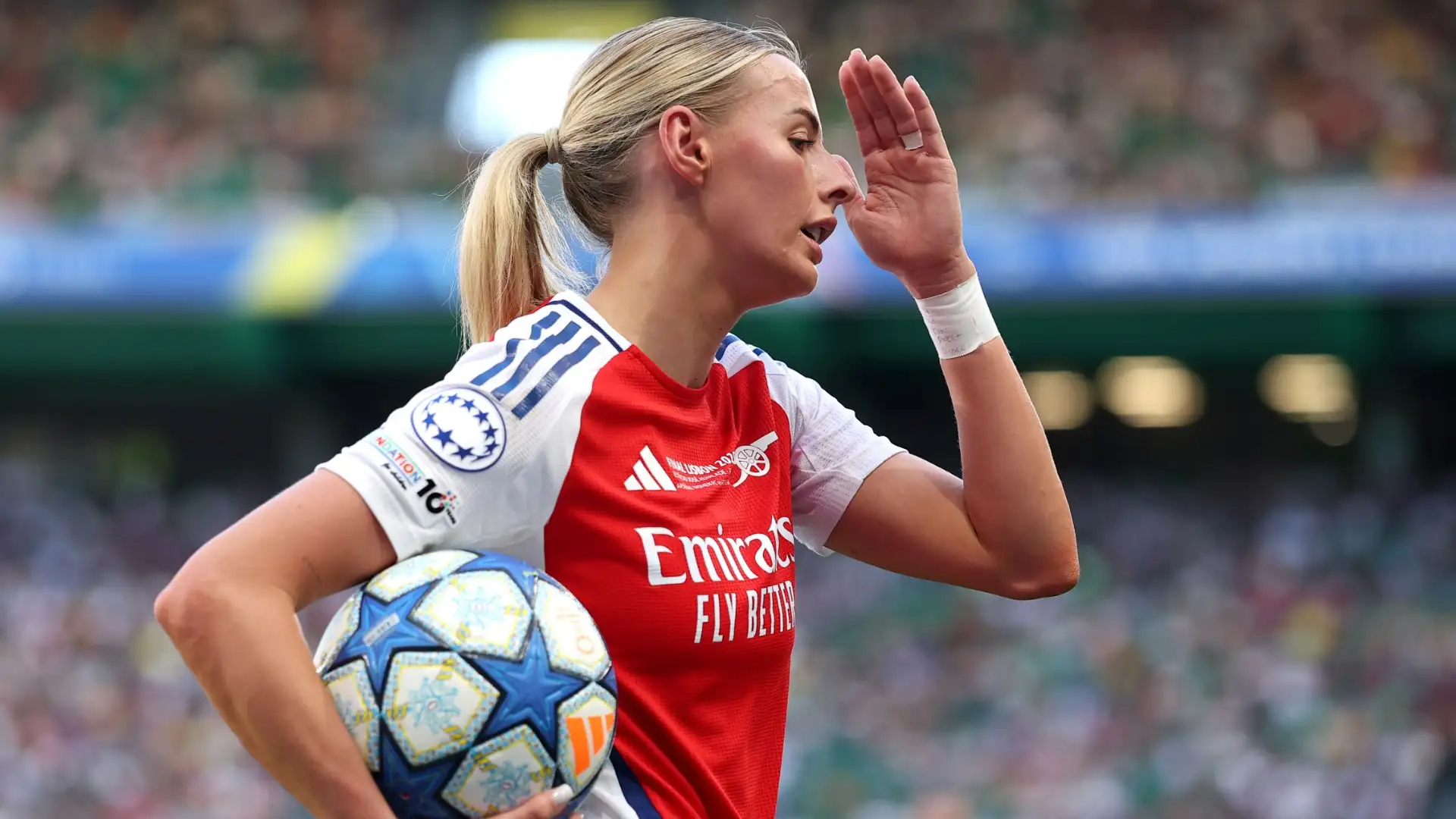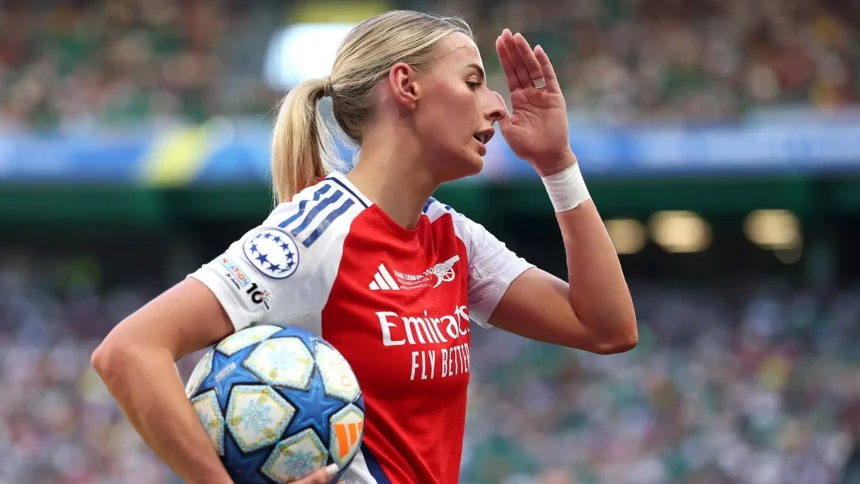
England forward Chloe Kelly has opened up about the damaging impact of so-called “fat clubs” in women’s football, revealing how former teammates suffered with unhappiness and obsession after being singled out over their weight.
Kelly, who scored the winning goal in England’s Euro 2022 triumph, admitted she has never personally felt under extreme pressure about her own body image. However, she described witnessing friends and colleagues at previous clubs endure harmful treatment when they were placed into groups informally labelled as “fat clubs.”
“I’ve seen teammates lose so much weight and be so unhappy and obsessed,” Kelly said. “It had a real effect on their mental health. For me, seeing that was disappointing, because football should be about performance and enjoyment, not about how you look off the pitch.”
The term “fat club” refers to players being singled out, often based on body-fat percentages or arbitrary weight targets. In some cases, athletes are required to do extra sessions or face public scrutiny within the squad. Critics say the practice fosters an unhealthy environment, with risks of eating disorders, anxiety and long-term damage to mental wellbeing.
Kelly admitted she wished she could have offered more support to those affected but noted that it was a difficult situation:
“When you’re on the outside, it’s hard to know how best to help. But looking back, I realise how tough it was for them.”
A Wider Problem in the Women’s Game
Body image pressures have long been a talking point in women’s football. Former players have previously spoken out about “body fat boards” where results were made visible to teammates, creating embarrassment and stigma. For many, being placed in a “fat club” meant not only physical strain but also emotional distress.
Kelly stressed that although progress has been made with greater awareness and professionalism in the women’s game, more needs to be done to ensure players are supported holistically:
“It’s important for young girls to learn what works for their bodies, to know what makes them happy and healthy. Success should be judged on performance and wellbeing, not on body shape.”
The Path Forward
The Manchester City star’s comments highlight the ongoing need for cultural change in women’s football. While elite performance requires high standards of fitness, Kelly’s testimony underlines the dangers of reducing athletes to numbers on a scale or a body-fat chart.
As the women’s game continues to grow, Kelly hopes conversations like this can steer clubs away from outdated practices and towards environments where physical health and mental wellbeing are given equal priority.
